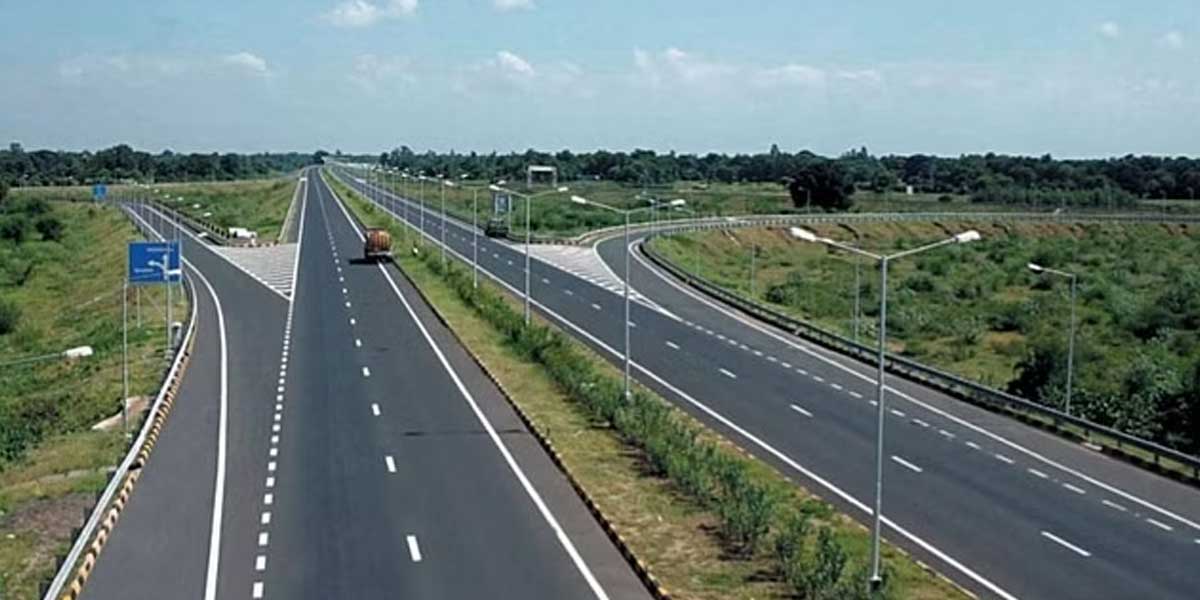

Google India’s New Campus
India continues to cement its position as a global digital powerhouse – and Google’s latest milestone reinforces this trajectory with the inauguration of Ananta, one of its largest offices worldwide. CW explores the design, sustainability and construction aspects of this landmark campus in Bengaluru.Significance of AnantaLocated in Mahadevapura, Bengaluru, Ananta spans 1.6 million sq ft and is situated within Bagmane Tech Park. Named after the Sanskrit word for ‘infinite’, this state-of-the-art, 11-storey facility is Google’s fourth office in Bengaluru. It is designed to foster colla..

Indian Delegation Visits South Africa for Trade and Investment Talks
A nine-member Indian delegation participated in the second session of the India-South Africa Joint Working Group on Trade and Investment (JWGTI) held in Pretoria from 22 to 23 April 2025. Discussions were conducted in a cordial atmosphere, focusing on expanding trade ties, boosting investments, and fostering greater people-to-people exchanges. The meeting was co-chaired by Malose Letsoalo, Chief Director, Bilateral Trade Relations, Department of Trade, Industry and Competition of South Africa, and Priya Nair, Economic Adviser, Department of Commerce, India. Delegates from the High Commission ..

Ministry of Cooperation Inaugurates NCOL Organic Packaging Facility
The Ministry of Cooperation inaugurated a new state-of-the-art packaging facility of National Cooperative Organics Limited (NCOL) in Noida, Uttar Pradesh. The centre is dedicated to packaging pulses and organic products while maintaining high hygiene and quality standards. Dr Ashish Kumar Bhutani, Secretary, Ministry of Cooperation, called the facility a major milestone in promoting the Bharat Organics brand. The initiative aims to empower farmers and expand access to certified organic produce across India, while offering premium prices to farmers and affordable organic food to consumers. Un..














